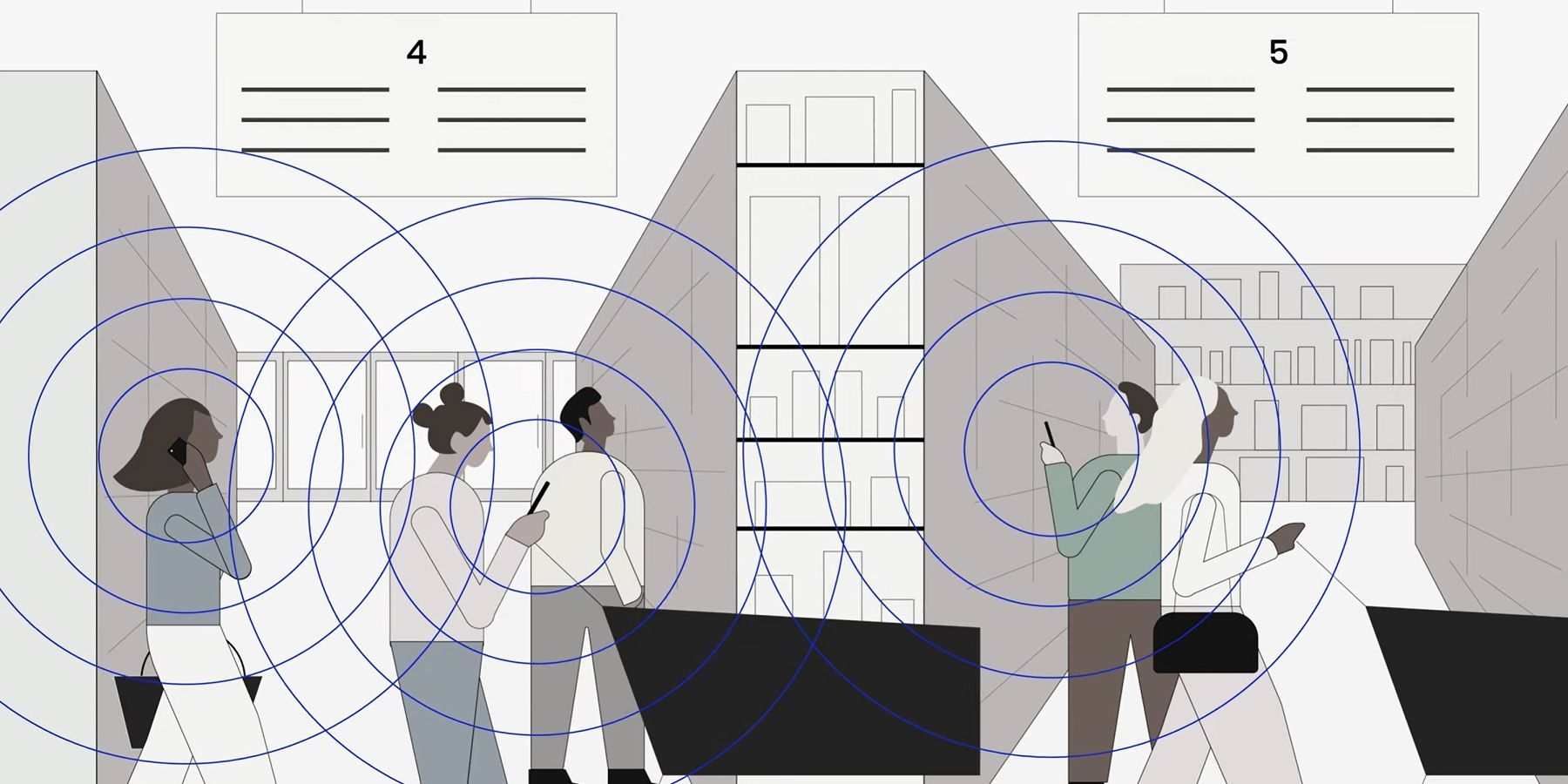Bluetooth could prove to be the answer to how coronavirus contact tracing can be achieved using mobile phones, while maintaining user privacy. At least, that’s the hope of researchers now working on a phone-based tracking solution.
Due to the rate at which COVID-19 spreads, governments and tech companies have been racing against the clock to try and launch tools that can help slow the virus down. In most cases, the common denominator has been the smartphone which is not surprising considering most people have one and take it with them everywhere. However, this has unsurprisingly raised the issue of privacy and the question of whether eroding personal privacy is worth the cost.
Click the button below to start this article in quick view.
MIT researchers are one of those working on a phone-based contact tracing solution, with the hope that its reliance on Bluetooth will solve both the contracting tracing and privacy issues in one go. As explained in a recent MIT News posting, as it is Bluetooth that’s in use, the contact between different phones can be captured as random number strings (in this case, “chirps”). As a result, if someone is diagnosed with COVID-19, the strings captured by the phone over the last fourteen days can be made public which then allows devices to be alerted if their strings are part of that database. Alternatively, users could self-check their own device against the database at any time. The researchers expect that this type of solution will be able to solve the contact tracing dilemma without having to rely on access to (or distributing) personal information and data, including location and/or GPS coordinates. While the researchers are confident in the premise, the solution still appears to be some time away from being ready.
Is Bluetooth Really The Answer To Maintaining Privacy?
In principle, it is. The actual message relayed by the researchers is one which points to a way for devices to locally see each other, record that information, recall it, and even alert someone else. However, principle is very different from reality and the rush for the use of personal data-driven solutions by companies has suggested individual data is the preferred course of action. Which is also not surprising as many of the companies working on current solutions are already obsessed with data collection in general, and therefore, those companies are likely to be the biggest hurdle in getting a working privacy-protected solution to market.
In terms of going forward, the researchers explain that “a critical role” in implementing this solution will be the likes of Apple, Google, and Microsoft. This is due to the difficulty the researchers have found in ensuring devices by different brands are able to effectively communicate with each other. Although, that hurdle was recently overcome which appears to be what has led to the researchers announcing the development and highlighting the importance of Bluetooth as a viable solution to stemming the outbreak
The problem is, these are some of the biggest data collectors around, and this is especially true of Google – whose sibling site won’t even let members of the public screen symptoms without connecting a Google account first. Having them all on board is one thing, but having them committed to a totally personal data-free solution could prove to be a coronavirus hurdle too far.
Source: MIT News

